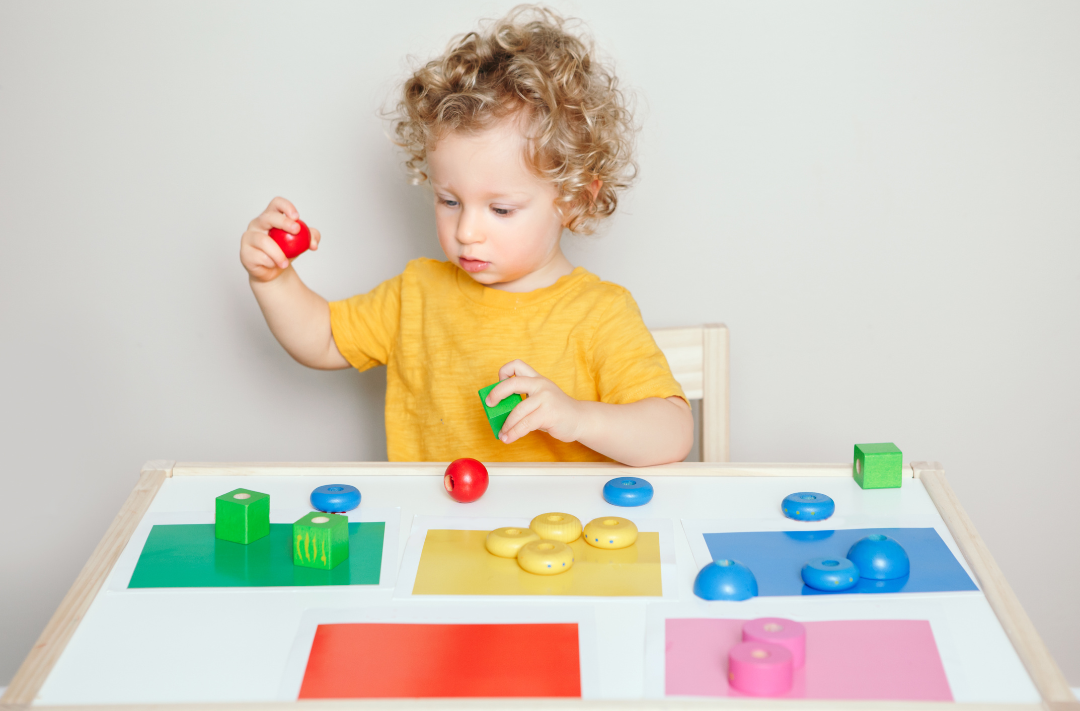Developmental Education
Helps children to become more independent
Developmental Education
Helps children to become more independent
How we can help

Developmental Educators are Allied Health Professionals who specialise in working with people with disability to achieve full and inclusive participation in society.
Developmental Educators study a bachelor's degree of Disability Studies and in some cases Special Education Teaching.
Our team are able to support the needs of children of all ages including teenagers who require a different approach to engage and motivate.
The scope of a Developmental Educator can include areas such as Emotional Regulation, positive self-image, life skills (particularly for teenagers) and community participation.
How we can help

Developmental Educators are professionals who specialise in working with people with disability to achieve full and inclusive participation in society.
Developmental Educators study a bachelor's degree of Disability Studies and in some cases Special Education Teaching.
Our team are able to support the needs of children of all ages including teenagers who require a different approach to engage and motivate.
The scope of a Developmental Educator can include areas such as Emotional Regulation, positive self-image, life skills (particularly for teenagers) and community participation.
We can support children with
Emotional Regulation
Developmental Educators (DE’s) are able to help children to learn how to recognise emotions by how they make the body feel.
They can then teach children how to manage emotions when they arise so that children learn to process situations but not let their emotions get int he way of life and developing relationships.
DE’s have many fun strategies to help children to learn all about their own emotions.
Life Skills
DE’s can help children to learn the skills to carry out everyday life skills.
This can include breaking down the steps, practicing and finding solutions to barrier to be able to manage
- A schedule
- Shopping
- Cooking/meal prep
- Self-care
- Own finances
- Public transportation
Advocacy
Advocacy means communicating the needs and wishes of a person, cause of policy.
In the case of our DE’s then can work with children to develop to improve self worth and develop the literacy and language to advocate for themselves.
We are also able to provide advocacy on behalf of children and their caregivers when requested.
Positive Identity
Having a positive identity doesn’t come easy to children who have experienced difficulty with participation, social inclusion and have needed or relied on additional support.
Working on positive identity looks likes discussing their own believes, cultural contexts, society, affirmations and setting achievable goals to improve confidence and self-worth.
Community Participation
There are many barriers that exist within the community that prevent people with disability or neurodiversity from being able to fully participate.
The aim of improved community participation is analyzing barriers and planning strategies to overcome these barriers. This may include advocacy, working on life skills, executive functioning or identifying alternatives.
Executive Functioning
Executive functioning is controlled by the brain where we are able to do things such as ability to pay attention, stay on task, multitask, remember instructions, working memory, flexible thinking, stay in control and regulate emotions.
DE’s can work on breaking down tasks and creating helpful strategies and practicing executive functioning skills from simple to complex.
When to see a Developmental Educator

If your child needs assistance to develop
- Confidence
- Self-image
- Identity
- Independence
- Life skills
- Emotional regulation
- Planning/coordinating life
